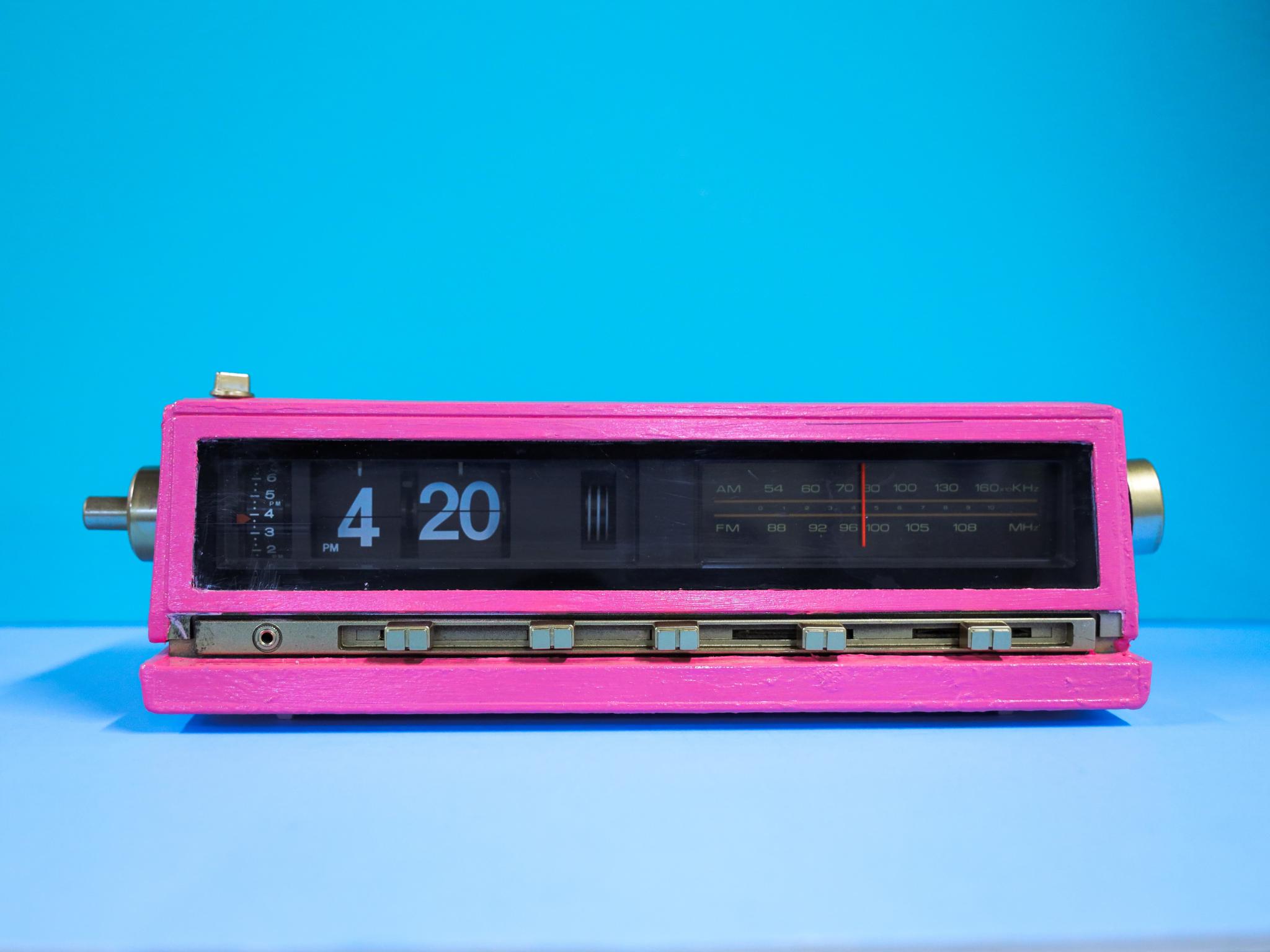
By Evan Nison founder and CEO of NisonCo.
In the movement to reform cannabis policy, 4/20 is traditionally a day to organize activists and protest unjust laws. Decades of 4/20 activism encouraged voters and elected officials to authorize cannabis regulations in a majority of U.S. states. As cannabis regulations permeate the country, 4/20’s focus on political activism is shifting. 4/20 is transforming into a consumer holiday in which Americans sell and celebrate cannabis culture.
In 2019, Nike (NYSE:NKE) and Adidas (OTC:ADDDF) dropped limited edition 4/20 themed shoes to celebrate the holiday. That same year, fast food restaurant Carl’s Jr. featured a CBD burger on their 4/20 menu. Last year, U.S. Senator Chuck Schumer tweeted “Happy 420”, and declared the day an “unofficial American holiday.”
There is no doubt about it: 4/20 went mainstream when members of Congress and corporations began celebrating it. When did the 4/20 movement begin, and how did it go mainstream? As 4/20 receives mainstream acceptance, how do cannabis activists retain the holiday’s focus on protesting unjust cannabis laws? We need to begin by going back to the ’70s to tell 4/20’s origin story and discuss the holiday’s future.
How 4/20 Turned Into a Movement
In 1971, a small group of friends living in California’s Bay Area gathered during the late afternoon to smoke cannabis. They met at the same time each day: 4:20 p.m. The friends gave themselves a nickname: The Waldos. The group started sharing 4/20 slang with friends a year after the passage of the Controlled Substances Act prohibited cannabis consumption.
A member of The Waldos had an older brother who was friends with Grateful Dead band member Phil Lesh. After learning about 4/20 from the older brother, the bassist began spreading the slang among the band’s community. In this setting, 4/20 was a subtle way to share the enjoyment of cannabis in an era of prohibition. The development of the 4/20 culture presented an organizing opportunity to cannabis activists.
In the late 1980s, Bay Area hemp activists and Deadheads including Steve DeAngelo and Jack Herer dispensed 4/20 culture while organizing activists. While not on tour with the Grateful Dead, DeAngelo and Herer built the Cannabis Action Network. The group of activists organized a Hemp Tour featuring a traveling hemp museum and lectures on the plant’s healing potential.
While on tour with the Grateful Dead, DeAngelo and Herer sold 4/20 art to fund the Cannabis Action Network’s Hemp Tour. DeAngelo — touted as “The Father of the Legal Cannabis Industry” — discussed the experience in an interview with Rolling Stone: “Hemp Tour immediately went to work spreading the idea that there was a holiday to be celebrated, making patches and posters referencing 4/20 to sell at Dead shows. That’s what really publicized this thing all across the country and then, all across the world.”
The 4/20 Movement Goes Mainstream
The 4/20 movement helped give most consumers access to regulated cannabis markets. In these markets, the 4/20 holiday is an extremely profitable sales opportunity for cannabis businesses. These businesses normally experience a 20-30% sales increase during 4/20.
For companies and consumers, 4/20 is a holiday to celebrate cannabis culture. Most Americans can safely consume cannabis at 4/20 festivals, concerts, and conferences. 4/20 has the potential to attain the popularity of traditional consumer holidays like St. Patrick’s Day, Halloween, and Black Friday. In the process of these economic gains, the 4/20 movement lost its focus on protesting unjust cannabis laws.
In his Rolling Stone interview, Steve DeAngelo discusses the need to retain 4/20’s focus on political activism: “When you look at the number of people who can benefit from the medical use of cannabis and the number of people who are actually benefiting from it, there’s a gap of millions upon millions of people who are suffering needlessly. There’s a great deal of activist work that still needs to be done.”
The Future of the 4/20 Movement
There is an obvious need to merge 4/20’s spirit of political activism with the celebration of cannabis culture. 4/20 can be a cannabis sales opportunity, and a platform to educate consumers on the need for cannabis activism. Brands like Ben & Jerry’s utilize 4/20 to highlight the large American population still incarcerated for cannabis crimes.
The ice cream company sent this tweet on 4/20/2019 with a video message seen by nearly 8 million people: "It’s hard to celebrate 4/20 when so many people of color are still being arrested for pot. We have to do better."
It is possible to both celebrate cannabis culture on 4/20 and also advocate for the reform of cannabis laws. There are many ways to push the activism effort forward, but one method is for cannabis companies and consumers to consider supporting DeAngelo’s Last Prisoner Project. DeAngelo’s nonprofit advocates for the release of inmates incarcerated for cannabis crimes. The Last Prisoner Project also expunges their records and gives them a support system after securing their release. Get involved with the Last Prisoner Project by donating here or signing a petition to release an inmate.
Whether your advocacy comes in the form of marching in the streets or purchasing conscientiously, remember the roots of 4/20 and ensure the next wave of cannabis reform makes it into the history books.







